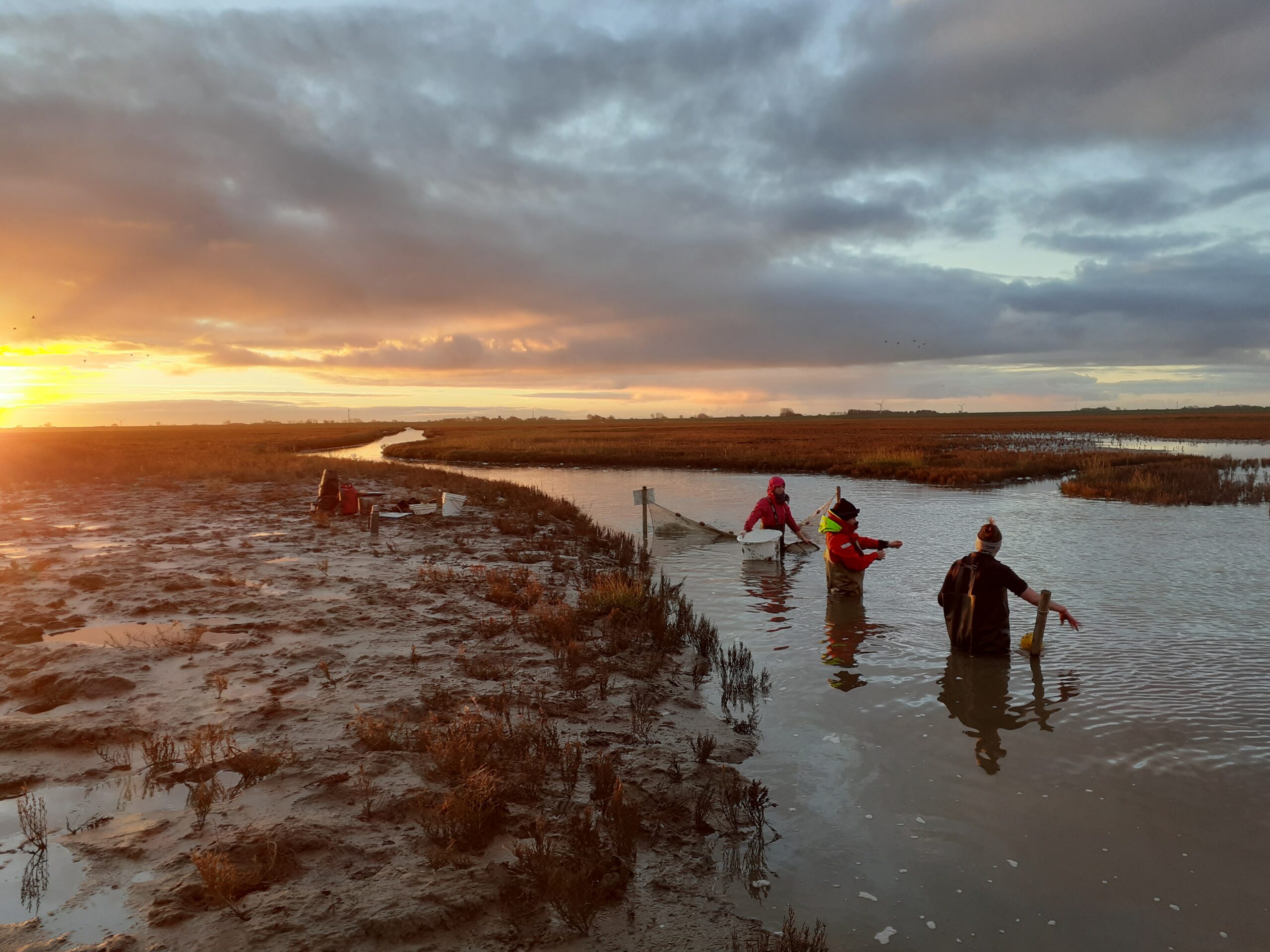A botched experiment, a rejected article: in the sciences these things are soon labelled failures. As for talking about them – not the done thing. But that’s just what WUR scientists do in this column. Because failure has its uses. This time, we hear from Bianca Zoletto, a PhD candidate in the Forest Ecology and Forest Management group.
‘I went to Uganda for two months this summer to do fieldwork on lightning in tropical forests. Our team surveyed the mountainous Bwindi rainforest. For the first month, field assistant and botanist Aventino showed us the way. He taught me how to orientate myself in the forest, regularly asking me to point towards the north and the location of our camp. Every day we explored a different part of the forest.
After a month, I felt confident enough to lead the team myself. We set off at 9:30 and walked in a new direction from camp. After lunch, we planned to go back, but I didn’t know which direction the camp was. The forest turned out to be much more complicated than I thought. I looked back at Aventino, whose smile betrayed that I was going the wrong way, but he let me carry on for a while. After half an hour of getting lost, I gave up.
It was hugely frustrating. I wanted to prove myself: I felt it was important to be autonomous in my PhD. That setback brought me back down to earth. It turned out I didn’t know the forest that well.
The forest turned out to be much more complicated than I thought. After half an hour of getting lost I gave up
Fortunately, Aventino was quickly able to find our way back. Now I realize how much expertise he has and how important he is in my research. You don’t have to be able to do everything yourself: sometimes you should just rely on others.
PhD research is all about orientation too, just like finding your way through a forest. But back in the office in Wageningen, I get lost more easily than in the forest. The end point of your PhD is always your thesis after four years, but how you get there is different for everyone. I do ask my supervisors for help, but sometimes I don’t know who is the right person to ask. Thanks to my experience in the forest, I can accept that I feel lost sometimes.’

 Illustration Stijn Schreven
Illustration Stijn Schreven 

